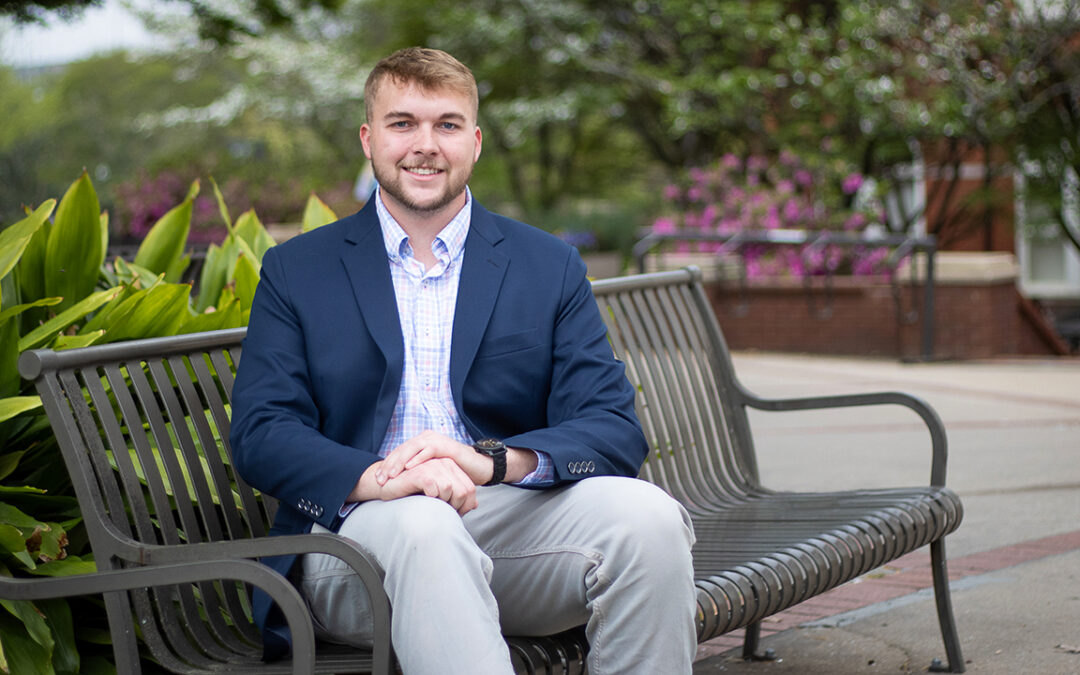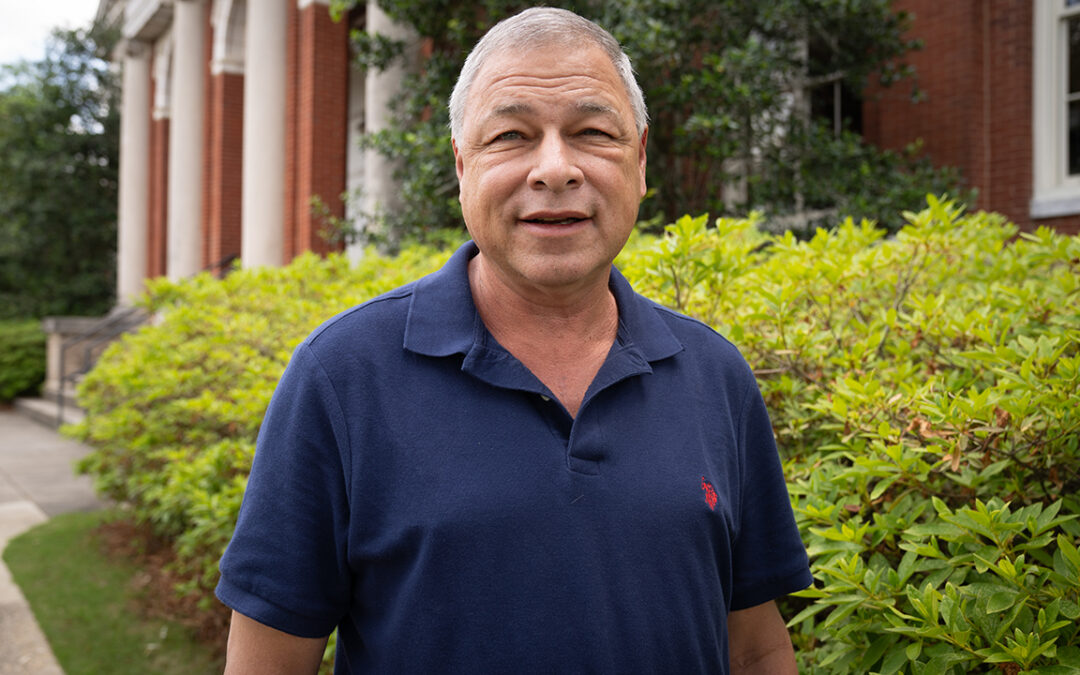Auburn University’s College of Agriculture is working across state lines with other land-grant institutions to help increase fruit tree production in the U.S.
Nearly 30 land-grant institutions, representative of the Western, North-Central, Southern and Northeastern regions, are working together to increase the productivity of temperate-zone fruit trees by developing better rootstocks.
Rootstocks (a plant’s root system or other part of a plant where new growth stems from) are integral components of a high-density orchard because they control final canopy size, and a smaller tree canopy means more trees per acre. However, rootstocks that are currently available have many weaknesses that make them susceptible to pests and diseases and unsuitable for certain soils and climates.
That’s why researchers from Multistate Research Project NC-14, Improving Sustainability in Fruit Tree Production through Changes in Rootstock Use, are researching and sharing information about sustainable, higher-yielding, easier to manage rootstocks.
“In North America, fruit tree growers can suffer great economic and yield losses due to freezing temperatures, diseases, soil conditions, and rootstock incompatibility. As consumer demand increases, growers will need to use less land and energy while garnering higher fruit yields,” said Ronald Perry, professor in the Department of Horticulture at Michigan State University and administrative advisor for NC-140. “In the last 30 years, fruit growers in North America have steadily transitioned to higher density orchards, and consumers benefit from fruit being produced and harvested from smaller trees by finding fruit is of higher quality and available at lower prices.”
Over the past five years, NC-140 researchers have measured tree growth, size control, and pest and disease resistance in order to develop the most sustainable rootstocks. NC-140’s research trials are accelerating the process of identifying and commercializing high-performing rootstocks to make new rootstocks available to growers sooner.
Overall, the group’s research and recommendations have resulted in earlier returns, greater yields, and higher fruit quality with a financial benefit to U.S. fruit tree producers of $250 million. For instance, 98 percent of all New Jersey orchards now use apple, pear, peach and cherry dwarfing rootstock. In Indiana, grower use of rootstocks from NC-140 trials has increased by 660 percent, with an estimated crop value increase of more than $12,000 per acre.
Nationwide, sweet cherry acreage has increased by 10,000 acres in the last 10 years, and planting density has increased 400 percent, or 415 trees per acre. In addition, transitioning from large, unwieldy apple trees spaced far apart to compact rows of high-yielding, small trees, has eased apple orchard maintenance and harvesting labor and increased profitability.
NC-140 is supported in part through USDA’s National Institute of Food and Agriculture. Renewed until 2017, the participating land-grant institutions will continue to work with researchers and extension educators as well as industry, state, federal, and international partners to support the fruit tree industry and its growers.
In addition to Auburn, other participating land-grant institutions include: University of Arkansas; University of California, Davis; California Cooperative Extension; Clemson University; Colorado State University; Cornell University; University of Georgia; University of Idaho; University of Illinois; Iowa State University; University of Kentucky; University of Maine; University of Maryland; University of Massachusetts; Michigan State University; University of Minnesota; University of Missouri; New Mexico State University; North Carolina State University; Ohio State University; Oregon State University; Pennsylvania State University; Purdue University; Rutgers University; Utah State University; Virginia Polytechnic Institute and State University; Washington State University; and University of Wisconsin




